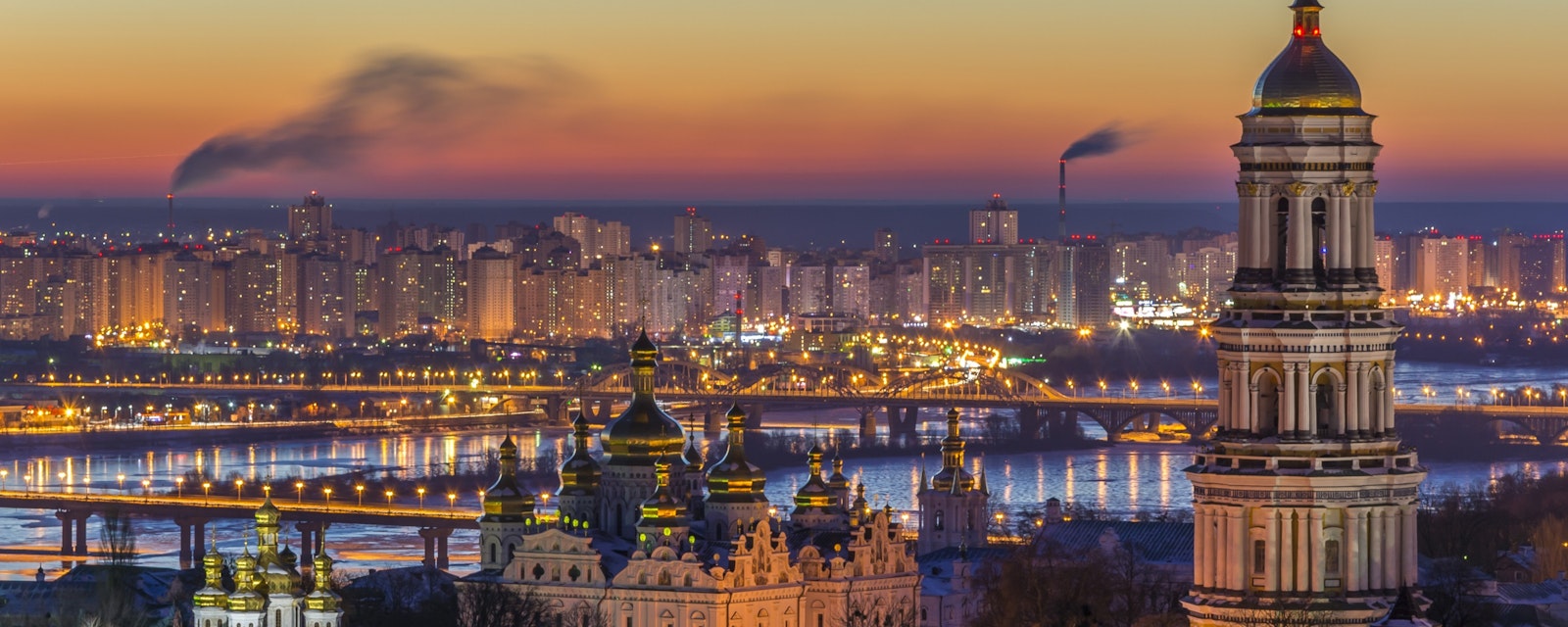The meeting between the US and Russian foreign ministers later today is unlikely to bring military de-escalation or diplomatic breakthroughs. Persisting rule of law and corruption-related issues in Poland and Hungary could strengthen calls for the European Commission to launch the so-called “conditionality regime.”
Despite the promising start of talks, the new governments in Bulgaria and North Macedonia still face significant challenges in resolving bilateral disputes blocking the start of the EU accession talks for the latter country (and Albania). Lithuania is urgently seeking to expand economic relations with Taiwan to mitigate potential losses arising from the stand-off with China.
Russia/US
Today, 21 January, US Secretary of State Antony Blinken will meet his Russian counterpart Sergei Lavrov in Geneva. The meeting – requested by the US – is another attempt to deescalate tensions at Ukraine’s borders and seek a diplomatic way forward. Neither of the objectives is likely to be achieved. The continuing Russian troop buildup and the announcement of military drills with Belarus in early February points towards further escalation to intimidate Kyiv and pressure the West into considering concessions on its key demands – halting NATO expansion and its presence in 14 member states that joined the alliance after 27 May 1997. While a diplomatic way forward cannot be ruled out, until now, neither of the sides has shown the political will to compromise on these two issues. As a result, other escalatory actions – short of a large-scale attack aimed at occupying large parts of the Ukrainian territory – might be expected in the coming weeks.
Poland/Hungary
Tensions between Brussels and the right-wing populist governments in Poland and Hungary could pick up in Q1 2022. Both Warsaw and Budapest have until next week to respond to the inquiries sent by the European Commission (EC) regarding concerns over judicial independence, corruption, and public procurement practices in these countries. The inquiries mark an unofficial step towards the launch of the conditionality regime to protect the EU budget, which could eventually result in the suspension of payments from the EU structural funds. While the regime is still under review by the Court of Justice of the European Union (CJEU), its final judgment is expected in February, which would pave the way for triggering the new mechanism shortly afterward. So far, neither Poland nor Hungary have presented concrete plans on how to address the EC’s concerns. Instead, Warsaw and Budapest are signaling a more confrontational response, including threats to block the EU decisions requiring unanimity.
Lithuania
According to the central bank’s projections, the country’s real GDP growth could slow down by 0.1-0.5% percentage points (pp) in 2022 and by 0.3-1.3% pp in 2023 due to direct and indirect effects arising from the stand-off with China following the opening of the Taiwanese representative office in Vilnius. While Lithuania’s direct trade with China is insignificant (accounting for 0.7% of total exports and 3.7% of imports), Beijing’s pressure on foreign companies to drop Lithuanian products from their supply chains could significantly curb exports to other markets and hurt the country’s investment environment. Despite potentially high economic costs and picking up domestic discussions on the topic, the three-party coalition government led by Prime Minister Ingrida Simonyte is expected to stay the course, at least for now. The government is preparing a support scheme for the affected domestic businesses. It is urgently moving to deepen economic ties with Taiwan, which has recently outlined plans to invest USD 200mn in Lithuania’s high-tech sectors (semiconductors, biotech, lasers) and a USD 1bn credit facility for joint projects. If these initiatives fail to produce tangible benefits and soften the economic impact of Chinese pressure in the near-to-medium term, domestic pressure on Simonyte to change tack will
rise.
Bulgaria/North Macedonia
A meeting earlier this week between the newly appointed Bulgarian and North Macedonian Prime Ministers Kiril Petkov and Dimitar Kovachevski, respectively, marked renewed political efforts to resolve bilateral issues blocking the start of EU accession talks for North Macedonia (and Albania). Bulgaria’s agreement to drop its opposition to the use of the name North Macedonia (instead of Republic of North Macedonia) in international organizations and plans to set up a direct flight between Sofia and Skopje are the first signs of progress. Another inter-governmental meeting is planned for 25 January, with further talks to be continued in five thematic working groups that would meet weekly. However, progress on more contentious historical, identity and language issues will likely prove more challenging and time-consuming. Politically, both Petkov and Kovachevski will also have to coordinate any compromises with their respective coalition partners, some of which hold a much more nationalistic stance on the issue. Finally, Russian efforts to thwart these highly sensitive talks cannot be ruled out. As a result, despite a promising start, the achievement of Petkov’s goal to resolve disagreements with North Macedonia within the first six months of his term seems unlikely.





